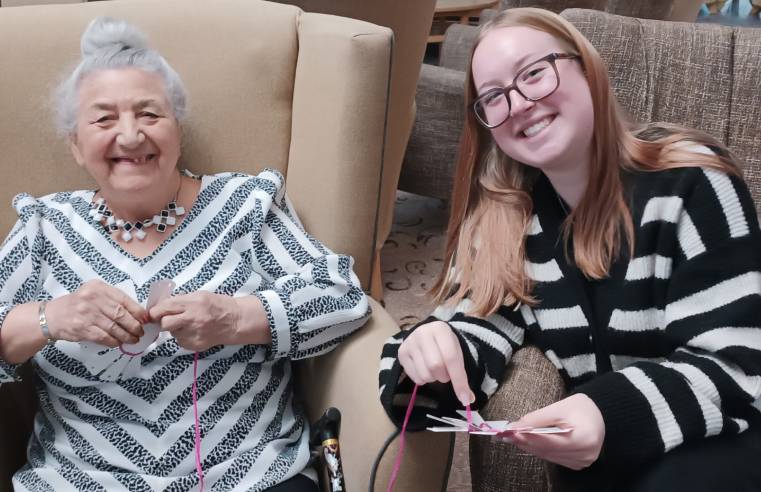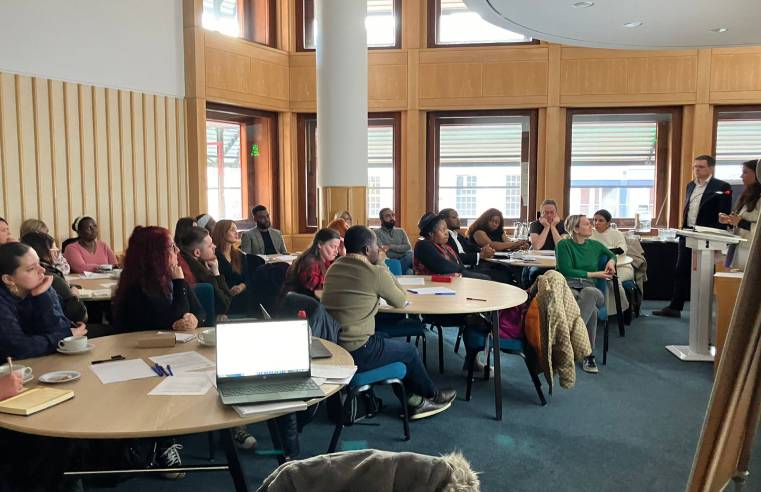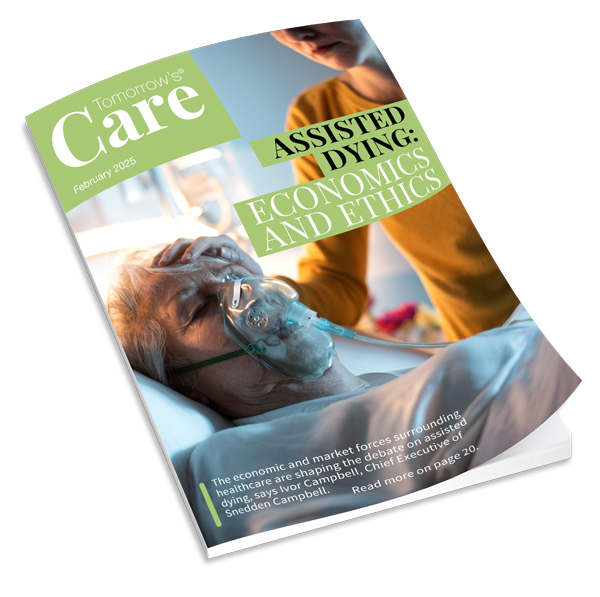Experts encourage the care sector to embrace gardening – to help with dementia, learning disabilities and post-pandemic loneliness.
Every year, not-for-profit care provider The Fremantle Trust organises the Fremantle in Bloom gardening competition for older people and adults with learning disabilities in their care. After this year’s competition, the Trust started thinking about the many benefits of gardening and how it can be used within the care sector.
Older people suffered greatly as the Covid-19 pandemic hit: both physically and mentally. Some were incredibly isolated and their mental health deteriorated as a result.
Age UK asked hundreds of older people how their health had changed due to the pandemic. Some 34% reported increased anxiety, 20% found remembering things more difficult and depression in the over-70s doubled. While a quarter (26%) said they couldn’t walk as far as they had before and 18% felt less steady on their feet.
Now experts are highlighting that the simple act of gardening can help to combat the anxiety, physical degeneration and cognitive decline older people like these experience.
Gardening for wellbeing
Gardening gives both older residents and those with disabilities access to nature, which can help to reduce mental health problems like anxiety and depression. As they cultivate plants or flowers, they benefit from sunshine and the chance to socialise. Even if residents aren’t actively gardening, they might be inspired to paint, write or take photos.
While residents with learning disabilities gain much-needed stimulation for all the senses – from vibrant colours to calming sounds.
For everyone, gardening results in a sense of achievement and purpose as they witness their handiwork coming to life. It’s also an important outlet for creativity, giving people a chance to express themselves and learn new skills.
The physical benefits
Of course, gardening requires at least some movement, which keeps people active and supple. It also lowers the stress hormone cortisol, which has plentiful physical benefits.
For those with motor skills issues, the immediacy of gardening activities (such as watering plants, for example) can help. Sufferers of arthritis and tremors will also find an outlet in the garden, when other activities might not be possible for them. People can even enjoy tailored gardening sessions to address certain health needs.
Sue Faulkner, community and lifestyle manager at The Fremantle Trust, said: “There are so many benefits of gardening in care homes: it promotes independence, socialising and remembering time spent in their own gardens. Not to mention the physical benefits of walking, planting or weeding, along with the fresh air. Everyone benefits in different ways.
“There is nothing more satisfying than watching residents plant and grow their fruits and vegetables, herbs and spices – then lovingly care for them until they’re ripe enough to eat. It’s just wonderful seeing how proud they are and listening to them chat to family, friends and other residents about their achievements.
“Everyone contributes in some way to The Fremantle in Bloom competition – people with mobility issues can plant from their beds or rooms, with the windows open to make it feel more like being outside.”
Max Maxamed, founder of gardening and landscaping company CleanCuts, said: “For elderly people, most gardening activities are very simple: like growing your own food, berries and flowers. I would urge the elderly to start slowly and water their choice of plants every morning.
“Nourishing nature in the sunlight can decrease depression, while caring for plants is also therapeutic and stress relieving. They are beautiful to witness and can improve mood, as well as cleanse the air.
“My choice for the elderly would be growing something with a delightful scent like mint leaves or lavender.”
Melody Estes, landscape design gardening supervisor, commented: “Aromatherapy is an effective way to promote relaxation and reduce anxiety in older adults who suffer from dementia or Alzheimer's disease.
“Roses are known for their ability to reduce anxiety and stress, and improve mood. Geraniums are another popular option because they help to reduce anxiety and can also improve cognitive function. While lavender is one of the most popular scents used in aromatherapy and has been shown to have calming effects on those suffering from dementia or Alzheimer's disease when inhaled or rubbed on the skin (as a lotion).
“Older people and those who live in care homes may have trouble maintaining a garden. They may not be able to do things like digging or bending over, which can make it difficult for them to tend to their plants. But there are some great solutions for these problems!
“One idea is to use raised beds, which are easier for older people to work with because they don't require any bending. They also provide a more defined space for planting, so it's easier for the gardener to keep track of where everything is planted. Another option is to use containers rather than outdoor beds; this makes it easier to move around in the yard, while still allowing access to plants' roots.”


























